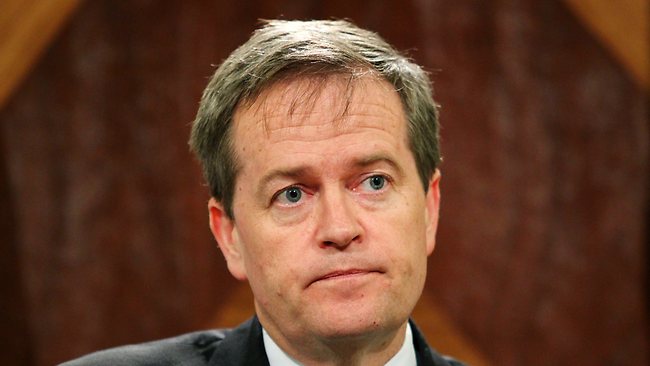Households to get $2000 subsidy for batteries under Shorten energy policy
- Written by Michelle Grattan, Professorial Fellow, University of Canberra

A Labor government would subsidise households to install batteries as part of the ALP’s energy policy to be unveiled by Bill Shorten on Thursday.
If Labor wins next year’s election, it would provide from 2020 a A$2000 rebate for 100,000 households, with annual incomes of less than $180,000, to buy and install battery systems. It would also provide low cost loans.
The ALP puts its emphasis on boosting the use of renewables, in a policy that keeps the National Energy Guarantee - abandoned by the government in the leadership meltdown - as an option on the table. The opposition indicates it is prepared to implement the NEG but its policy is providing for the future if agreement on it cannot be reached.
The ALP estimates the battery subsidy would triple the number of battery systems in Australian households. The policy sets a national target of one million household battery installations by 2025.
“The massive boost will also help manufacturers scale up production and reduce their costs”, Shorten and energy spokesman Mark Butler said in a statement.
They said the ALP policy would “help Australians slash their power bills.”
“The Smart Energy Council estimates that new household solar and batteries would allow most homes to save more than 60 per cent off their power bills”, Shorten and Butler said.
“Australians love renewable energy because they know it saves them money and it’s good for the environment”, they said, pointing out that household solar installation had rising from 7000 homes in 2007 to 1.8 million today.
“Supporting the installation of more household battery systems is the next big step in helping families keep their energy bills lower. When the sun goes down, or when electricity usage is at its peak, consumers can draw on their own stored energy”, Shorten and Butler said.
They said this was good for both consumers and the environment. People gained more control over their power bills, and cheaper and cleaner energy would help Australia achieve 50% of power from renewables by 2030.
A Labor government would also invest $100 million in a Neighbourhood Renewables Program, so renters and people in social housing could benefit from cheaper and cleaner energy.
The cost of the battery subsidy and the neighbourhood scheme is estimated at $215.9 million over the current forward estimates. The costing has been done by the independent Parliamentary Budget Office.
Shorten and Butler said Labor would “establish community power hubs to support the development of renewables projects in local communities - such as solar gardens on apartment rooftops, community wind farms, energy efficiency upgrades for social housing and grants for community groups to pilot new projects.”
They said the new initiatives built on Labor’s commitments to crack down on price gouging by power companies.
Labor’s policy on energy would create thousands of jobs in the renewable industry, they said.
In a speech to be delivered on Thursday, Shorten stresses a Labor government would seek bipartisanship on the NEG.
“We want a meaningful NEG that actually lowers prices, reduces pollution, and boosts renewables” he says in an extract released ahead of delivery.
“If I am elected as prime minister, I will sit down with the new opposition leader and the crossbench to talk about a way we can move forward with this framework,”
“But let’s be clear: we will work with the Coalition - but we will not wait for them. Our willingness to cooperate on a market mechanism doesn’t mean everything else gets put on hold,” Shorten says.
He says a Labor government would be prepared to directly underwrite and invest in cleaner cheaper power.
“We will prioritise renewables and support firming technology power like storage and gas. Labor will invest in new generation, in better transmission and distribution - because we realize this vital nation-building work cannot be left up to the big power companies.” Labor’s plan would deliver affordability, reliability and sustainability, Shorten says.
Labor’s battery subsidy program would be reviewed after two years, in light of projected falls in battery costs and to assess progress towards the one million new battery installations by 2025 target.
Authors: Michelle Grattan, Professorial Fellow, University of Canberra





